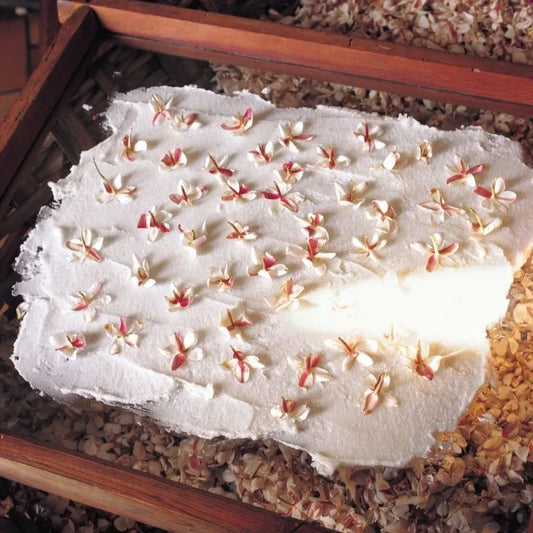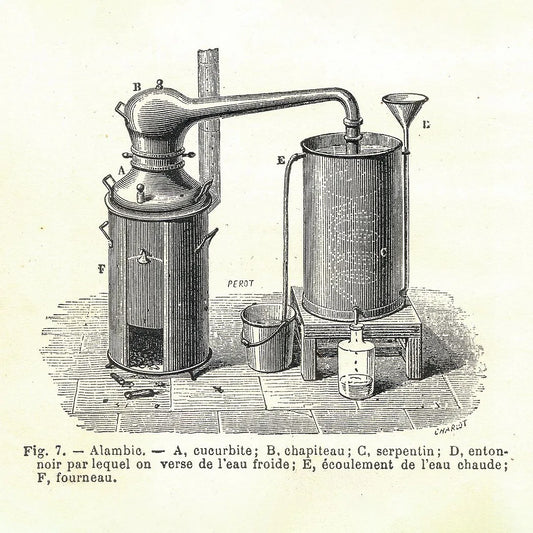For much of their recent history, essential oils have been sold by multilevel marketing (MLM) companies, most famously by Young Living Essential Oils and doTerra. Other MLM companies that sell essential oils include Arbonne International, Modere, Pruvit Ventures, and Total Life Changes. MLM companies make each sale of the oils a one-on-one experience, with a salesperson (called a “representative”) explaining the use of each oil, the techniques for blending them with carrier oils, and the touted benefits of each. This process takes place at house parties, in spas and beauty salons, and in other places where customers—generally women—come together on a regular basis (see What is a multilevel marketing company, and should I buy essential oils from one?).
Many essential oil packagers and sellers also offer “collections” or “starter kits” that contain a selection of oils considered fundamental to a user’s needs. These usually include 8 or 10 oils used commonly for diffusion, topical application, or in blending products at home, like cleaning solutions or laundry detergent. Some of these kits also provide a bottle or two of the manufacturer’s proprietary blends with names that imply that their use will help the consumer release stress, reduce respiratory congestion, increase energy, and more. The kits can be pricey, depending on the oils and other products (such as hand cream or a roll-on bottle) included, with some approaching $200 at 2021 rates. Before purchasing a starter kit or a collection for a specific purpose, it would be better to choose one or two common oils—lavender and lemon, for example—and see if they truly become part of your new daily regimen before spending a great deal of money on others.
With their increase in popularity in the 2000s, however, essential oils have become more readily accessible than in any other time in their history. The oils can be found in supermarkets in the skin care or natural remedies aisle, in big-box discount stores like Target and Walmart, in specialty houseware stores, and in most national drug store chains. Most of these stores carry a range of individual oils and a selection of blends—essential oils combined by the manufacturer with an eye toward simplifying the purchase decision for consumers. Blends—whether sold in stores or by MLM reps—usually have names that denote the manufacturer’s claim of benefit: Brave, Calm, Anchor, Forgive, Awaken, Believe, Motivation, Release, Sleep, and so on.
The global shift to online sales in the 2000s and 2010s has opened up essential oils to a massive consumer market, providing an interested user with the ability to purchase any commercially available oil they choose—all without tracking down a representative and navigating the time-consuming in-person sales process. Now if someone reads that the Judeo-Christian God directed Moses to mix several ingredients including galbanum, a fairly rare oil, to consecrate the tabernacle that would contain the Ten Commandments, they can search for galbanum online, compare prices and claims of purity, and own a bottle within days. This has made it possible for smaller or more specialized essential oils companies to develop a presence in the marketplace. Los Poblanos Organic Farm in Albuquerque, New Mexico, for example, grows its own organic lavender and makes a range of skin care products using the essential oil; thanks to its online marketplace, the little farm in the New Mexico foothills has developed a national audience for its oil and the products that contain it.
Generally, essential oils are sold in glass bottles, each containing about half an ounce (or less) of the oil. This may sound like not nearly enough to be effective, but most diffusers only require a drop or two of an oil to fill a room with fragrance, so a single bottle can last for months or even years.
Essential oils should be bottled in dark-colored glass, to prevent the penetration of ultraviolet light (sun) or harsh overhead room light that contains the UV spectrum, potentially spoiling the contents. Some purveyors of essential oils, particularly some who sell them at fairs and festivals, package their oils in clear glass bottles that may allow the oil to be compromised before the consumer even has a chance to use it.





